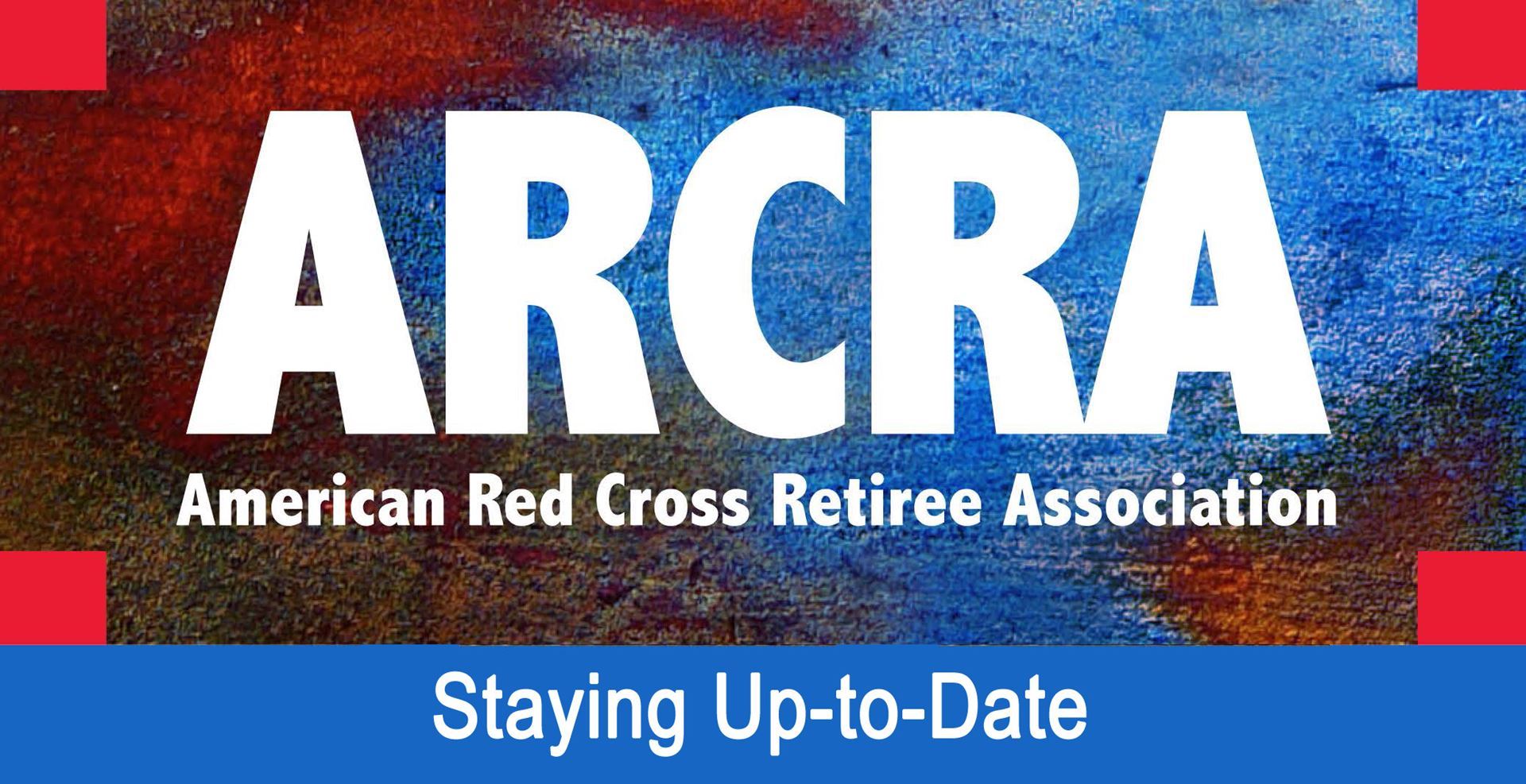By Al Rettig, ARCRA Board
A new report from Senator Chuck Grassley (R-IA) has rekindled questions about American Red Cross relief efforts in the wake of the devastating earthquake that struck Haiti in the early days of 2010. Grassley, Chairman of the Senate Judiciary Committee and a longtime critic of the Red Cross, issued the report on June 15. The document runs 19 pages with an additional 290 pages of attachments. In it, Grassley criticizes the Red Cross on a number of fronts. He says:
- That the Haiti Assistance Project (HAP) was seen internally as a fundraising opportunity more than a relief effort.
- That the project was plagued initially with understaffing, poor training and poor morale, leading to overall inadequate performance.
- That the ARC uses a "complex, yet inaccurate, process to track its spending."
- That the Red Cross attempted to terminate an audit by the General Accounting Office (GAO), and managed to successfully limit the scope of that audit.
- That the ARC retained $69.6 million in "program service expenses" but is unable to inform Congress how much oversight and evaluation is included in that amount. Grassley contends that Red Cross "overhead" is far greater than the organization has claimed.
- That the ARC Investigations, Compliance and Ethics office (ICE) is woefully understaffed and misplaced within the organizational structure, which Grassley says compromises its effectiveness and independence. He says that the Red Cross "is reluctant to support the very unit that is designed to police wrongdoing." He further contends that a new reporting structure for ICE does not result in the necessary adjustments to this critical function.
In a June 16 press release the Red Cross took strong exception to many of Grassley's contentions. The ARC noted:
- That the Red Cross has "accounted for every penny" spent on HAP and posted that information on its website.
- That the Red Cross enjoys the highest rating for accountability and transparency from Charity Navigator and that it has met all Better Business Bureau Wise Giving standards.
- That what Grassley contends are overhead dollars are legitimate program expenses.
- That Grassley's report does not note a single finding of fraud or abuse in HAP, that the organization's books are audited appropriately, and that the original proposed scope of the GAO audit went beyond what they are entitled to do.
- That the reason the ICE office personnel have been severely cut is because there are far fewer whistleblower complaints than there were during Hurricane Katrina.
On June 17 the New York Times ran an editorial entitled "Trust Deficit at the Red Cross," summarizing Grassley's report and the contention that "Senate investigators found that the Red Cross spent about 25 percent of the $488 million raised for Haiti relief on administrative costs and fund-raising." The times called this figure "unusually high," far exceeding the 9 percent that is the Red Cross norm. The editorial also pointed to Grassley's contention that the ethics office has had a staff reduction from 65 to three people over the last decade. However, the Times also noted that "early this month, [the ARC] took a step in the right direction by releasing a breakdown of the money it had spent on Haiti relief."
Then on June 21 The New York Times ran a rebuttal letter from Red Cross president and chief executive Gail McGovern. In it she reiterated that there have been no findings of fraud or abuse, that Grassley's contention that 25 percent of donated funds went to overhead is categorically incorrect, and that the correct figure is 9 percent.
On July 6 Senator Grassley introduced a bill in Congress called "The American Red Cross Transparency Act," which if enacted would give the Government Accounting Office full access to Red Cross books and personnel, and would make the Investigations, Compliance and Ethics office directly accountable to the Board of Governors. The Red Cross responded by saying it "will review the proposed legislation and make our views known to Congress at the appropriate time."
Those who have followed the American Red Cross response to the Haitian earthquake know that early relief efforts were plagued by "fits and starts." Red Cross communications vice president Brian McArthur points out that many of the early pictures of the devastation came from Red Cross sources, which helped trigger a massive--and to a significant degree spontaneous--financial response from the American people. This, along with the natural instinct to help, led to the intensive and very visible Red Cross relief effort.
It is also true that the Haiti response came in the wake of Red Cross staff reductions which jettisoned some experienced disaster personnel. This resulted in considerable, time-consuming on-the-job training for new staff as relief activities ramped up. McArthur notes that efforts were further hampered by byzantine laws and regulations pertaining to land use, leading to delays in construction and other relief activities.
While the Haiti relief effort certainly had its share of very public missteps, the Red Cross response to Senator Grassley's recent screed seems compelling. Disagreements about what is and is not "overhead" are as old as nonprofit accounting, and are not likely to end with this disaster. The Red Cross has finally released a line item spending report which, along with the fact that there is no evidence of fraud or abuse, forms the crux of a persuasive rebuttal.
If the Red Cross builds on its accomplishments in Haiti and--importantly--learns from its mistakes, it will be better prepared next time around.
